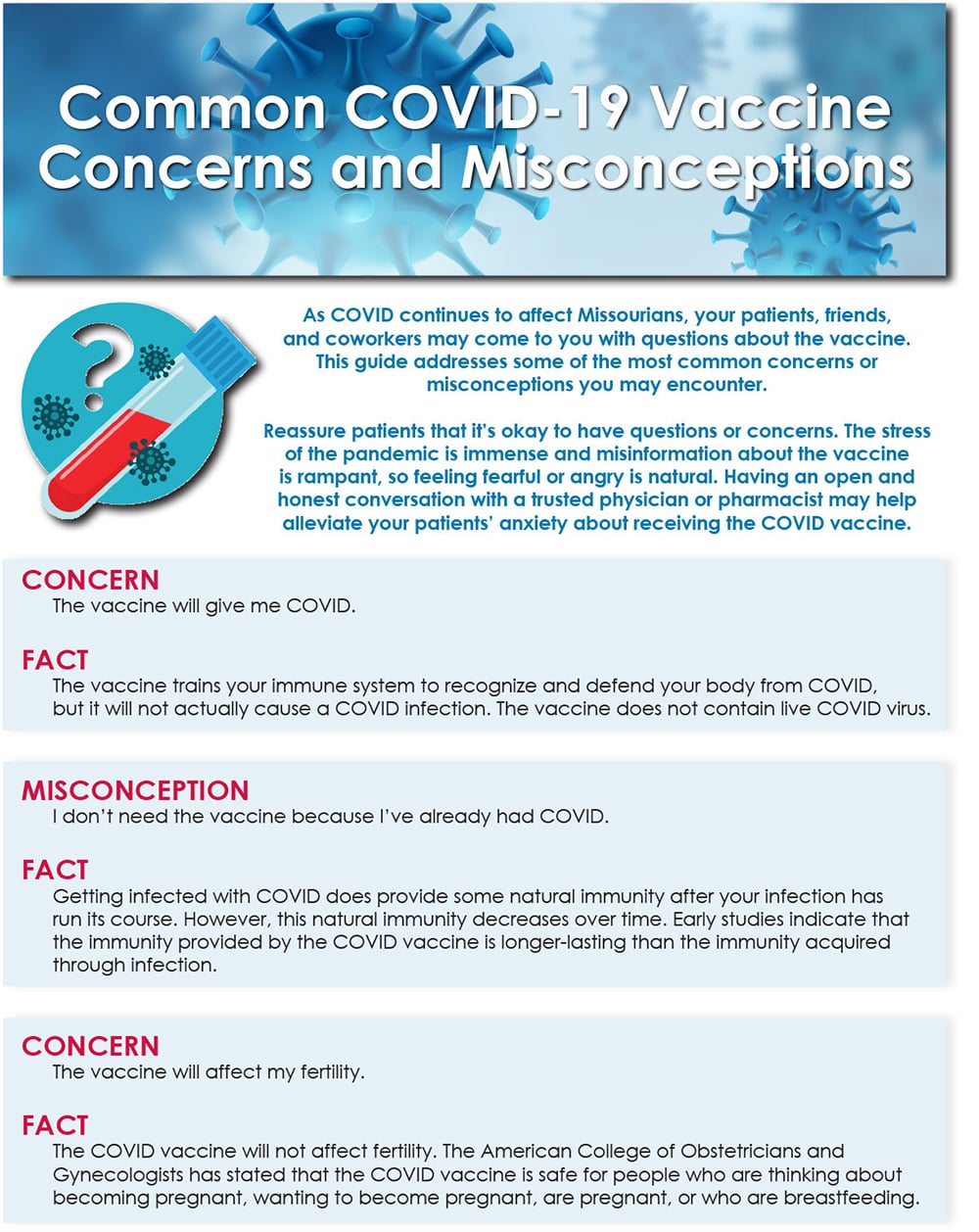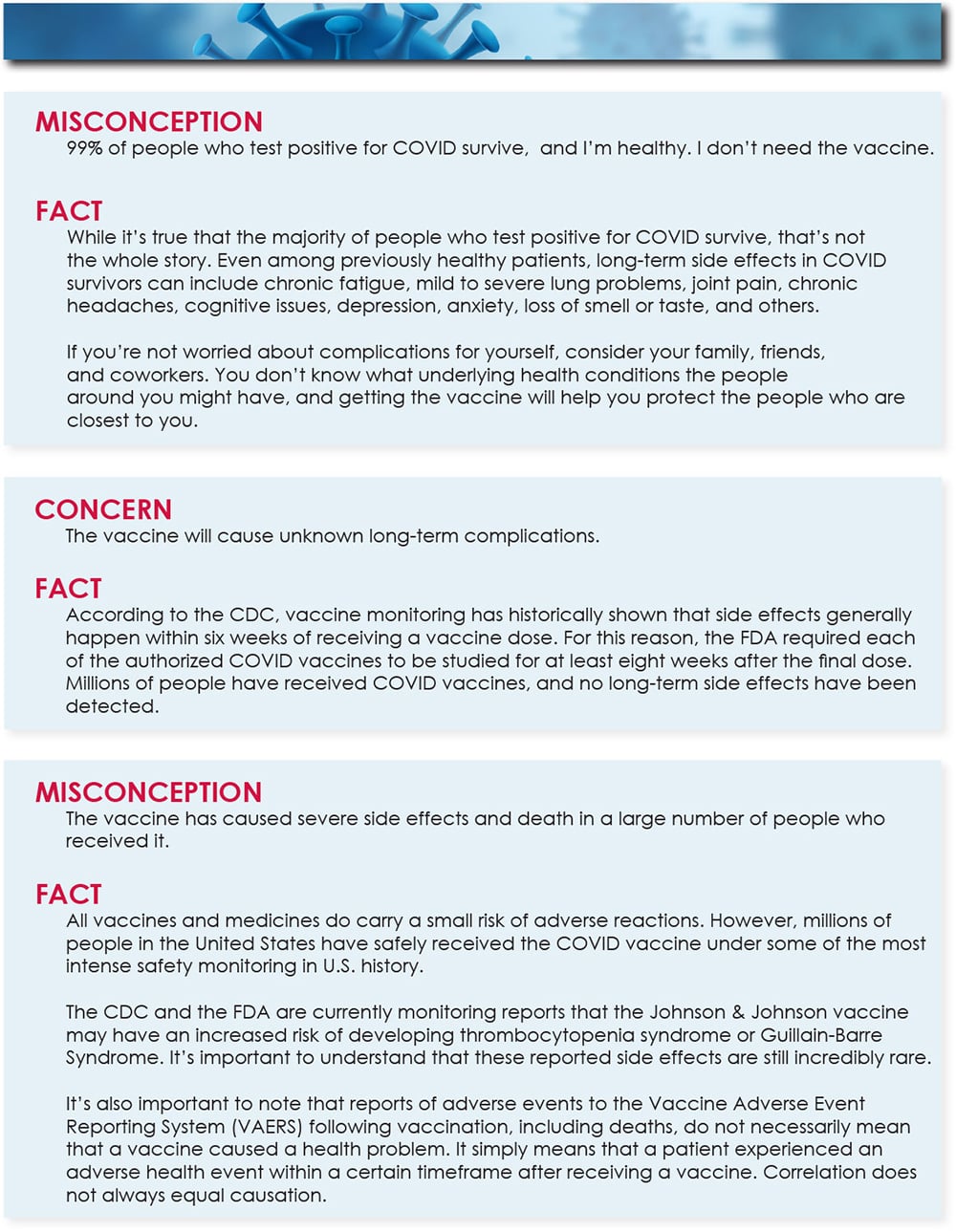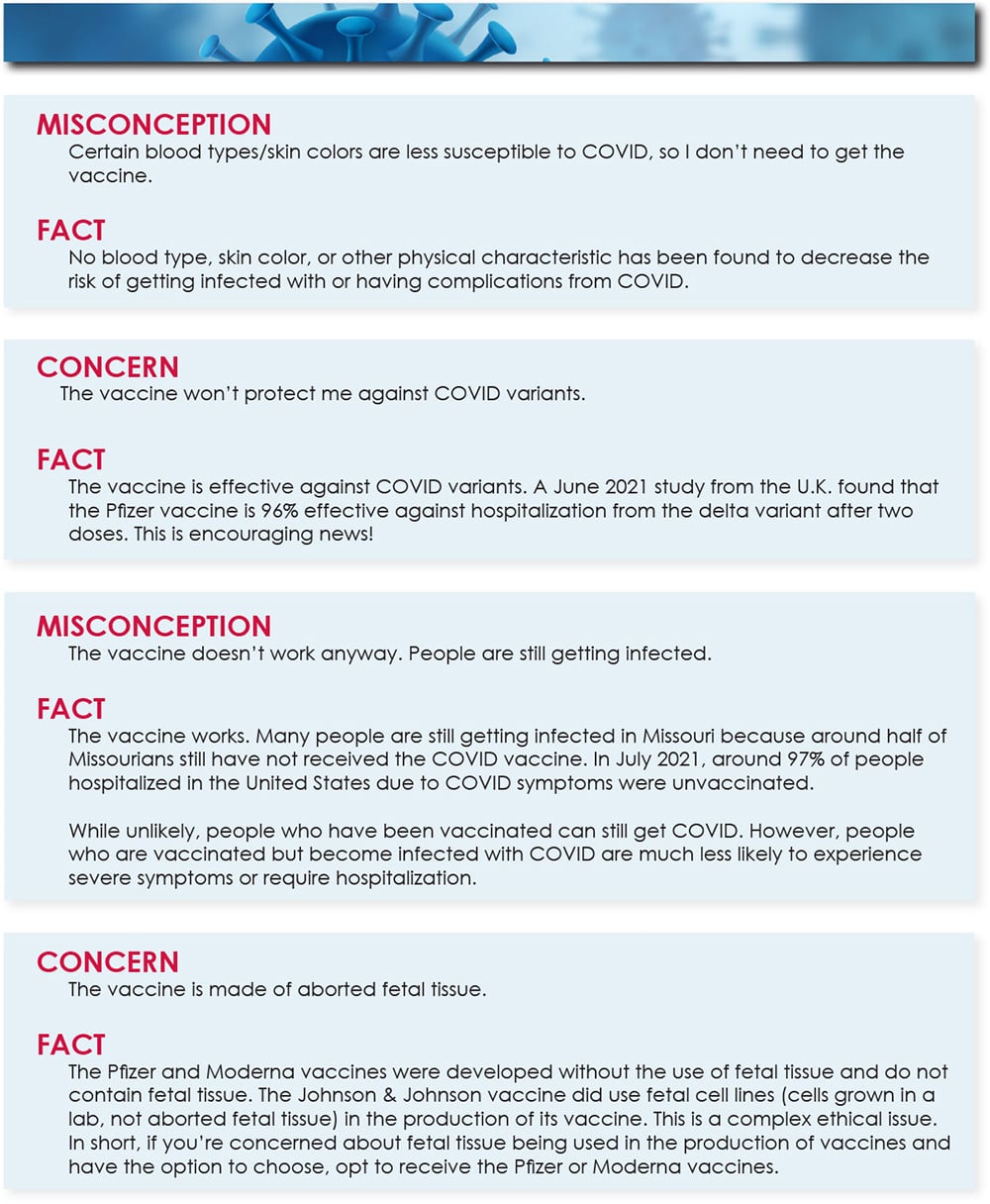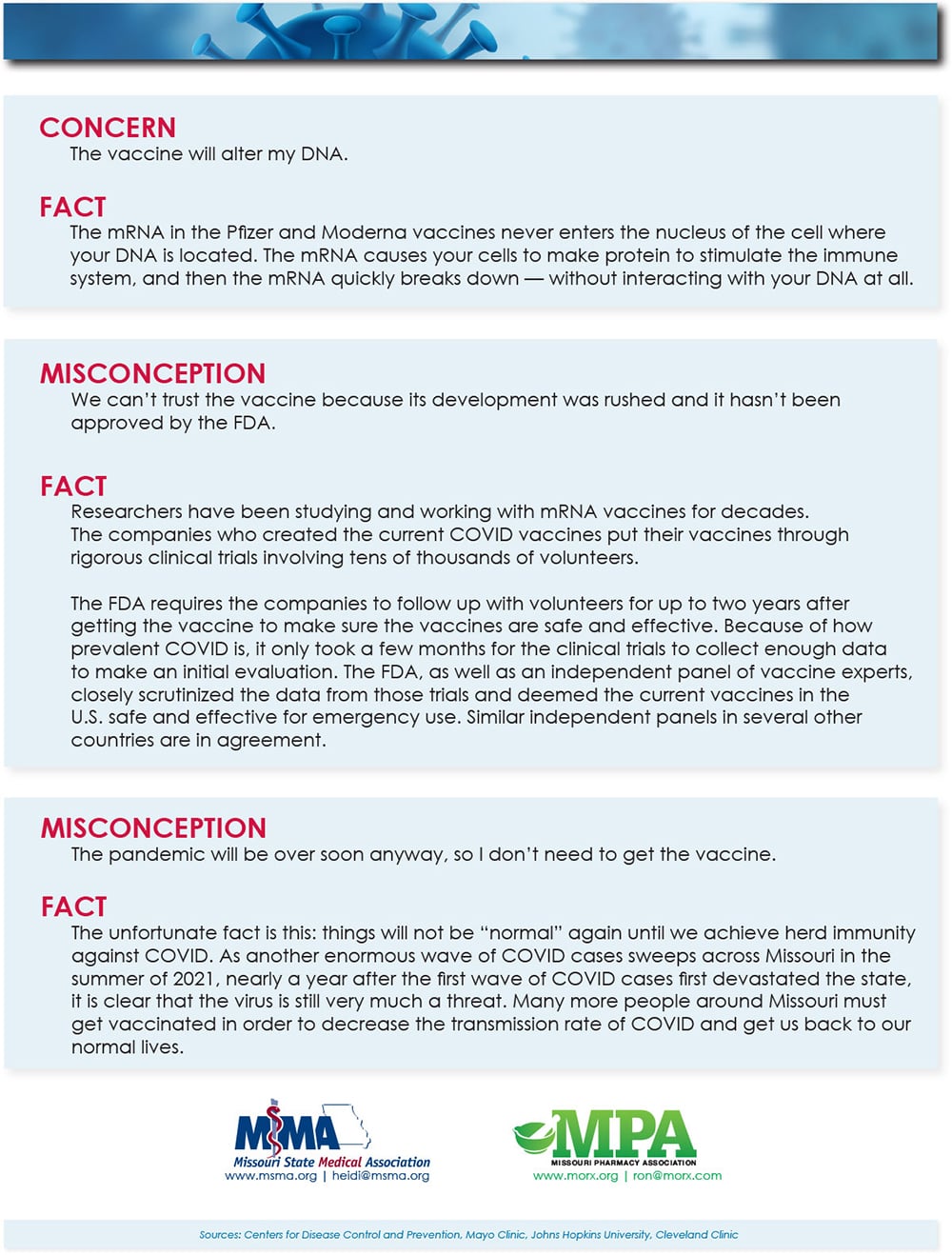
Adair County Health Department
Dr. Valena Fiscus
Our Medical Director is Valena Fiscus DO, MPH. Dr. Fiscus holds both a Doctor of Osteopathic Medicine degree from the A.T. Still University and a Masters degree in Public Health from Indiana University. She provides essential consultation to our staff and Board of Trustees to:
- Promote health in Adair County
- To discover the source of disease through surveillance and research
- To develop “plans of action” and policy to address public health threats and issues
- Educate Adair County to improve health of our entire population
COVID-19 Information
With COVID-19 infections increasing in our area, it is important to know what current treatments are available for those high risk persons who experience primary infection or breakthrough infection. With the current variant circulating (likely Omicron BA4/5), we have seen resistance to some of our OUTPATIENT treatments which is summarized below.
While there is treatment available we do still recommend preventing severe illness or hospitalization by being vaccinated and boosted against COVID-19. If you have not been vaccinated or had your booster, please visit your local pharmacy or call the health department to schedule your shot!
Sincerely,
Valena Fiscus, DO, MPH
Monoclonal antibodies
Monoclonal antibodies are certain proteins that can enhance or mimic the body’s immune response to viral attacks or bind to certain targets on the virus to inhibit their processes.
Regeneron, Bamlamivimab and sotrovimab have shown to have reduced effectiveness for treatment of the Omicron variants and these are no longer recommended or available.
There is one monoclonal antibody infusion called babtelovimab which can still be used to treat mild to moderate COVID including the current variants however this is not currently available in the immediate area.
Antivirals
Antivirals are medications that inhibit specific processes within the virus itself, reducing how well the virus can replicate. Antivirals are common medications used to treat viruses such as herpes, flu, HIV, and shingles.
There are currently 2 antivirals available to treat COVID-19 and they are effective against the Omicron variant. The antivirals are pills that can be prescribed by your doctor if you meet certain criteria for use. Both need to be started within 5 days of symptom onset to be effective.
Paxlovid is made by Pfizer and is over 90% effective in reducing the risk of progressing to severe COVID symptoms and hospitalization. There are certain medication interactions and you have to have a certain kidney function in order to use this medication.
Molnupiravir is another antiviral that is effective against COVID-19 however it does have less efficacy than Paxlovid for reducing the progression to severe COVID or hospitalization. It does not have as many drug interactions and does not have kidney function restrictions.
If you are at high risk for severe disease and test positive for COVID-19, contact your doctor’s office to see if you are a candidate for treatment. Your doctor will need to make sure you can take these medications safely.
Long Term Effects of COVID-19
These past 2 years as we navigated through the devastating effects of the novel COVID-19 virus and its variants, most of the information and data that we concerned ourselves with were the acute complications and deaths it caused. As COVID-19 continues to abate, we are now examining the long-term effects this deadly virus has had on those who were infected. Medical professionals saw from the beginning that side effects from acute infection such as pulmonary scarring, neurological complications from a stroke, and cardiac damage with heart failure, to name a few, are some of the more severe lingering effects; often sequela of severe COVID-19 infection. However, there are a large group of previously infected persons that exhibit more subtle yet equally disturbing effects which have been termed, long COVID.
Long COVID has a wide range of varying effects independent of the severity of previous COVID-19 symptoms. While we are still learning about this disease, the initial hypothesis of cause is autoimmunity, or how the body’s immune system reacts against itself producing inflammation. Long COVID can affect all organ systems from the brain with cognitive decline, headache, depression, and “brain fog” to the heart with palpitations, tachycardia, and increased risk of heart disease. We’ve even seen increases in blood clot risk post-COVID with strokes, deep vein thrombosis, pulmonary embolism, and heart attacks. Some symptoms are sometimes confused with other rheumatological symptoms such as rheumatoid arthritis, systemic lupus erythematous, or chronic fatigue syndrome. Women seem to be affected by long COVID more than men and we see this true with most autoimmune disorders. Children can also be affected, although less commonly than adults. Vaccination helped reduce long COVID risks by 50% in those with breakthrough infections.
Research is currently ongoing for long COVID. There is no definitive treatment but there are medications that can help people struggling to improve symptomatically. If you have had COVID, no matter if your disease was asymptomatic, mild, or severe, and are experiencing symptoms that may be long COVID, talk to your doctor about it. You do not have to struggle alone and there are support groups and specialists available that may be able to help.




